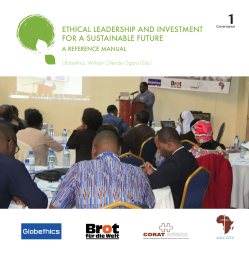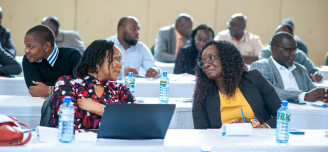Women's Status and Gender Relations in Post-Genocide Rwanda
Abstract
After the 1994 genocide against Tutsi in Rwanda, the Government introduced gender equality programs in its development priorities to reduce gender-based inequalities and poverty. Currently, Rwanda tops the list as the country with the highest proportion of women in parliament worldwide, with nearly 64 percent of seats held by women. However, some people remain biased against the concept of women in position of power. Institutional gender sensitive norms, equally benefiting women and men, and correcting gender biased practices in leadership opportunities and rights provision are needed. This work assesses changes related to women's status and gender relations at the local level of Rwanda, exploring the responsibilities allocated to women in the local government, religious institutions and the family decisions.




